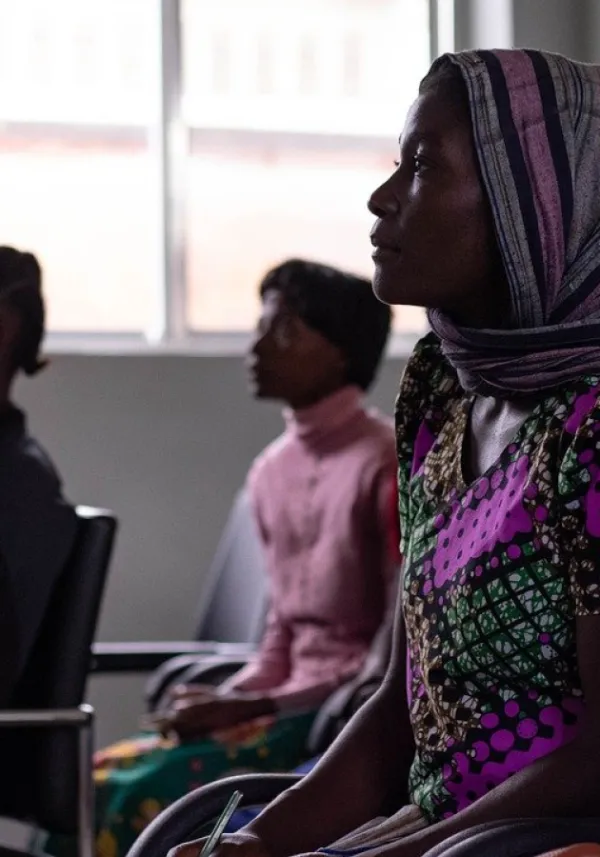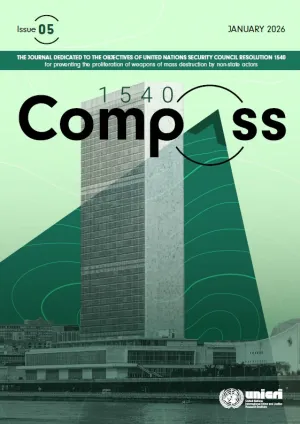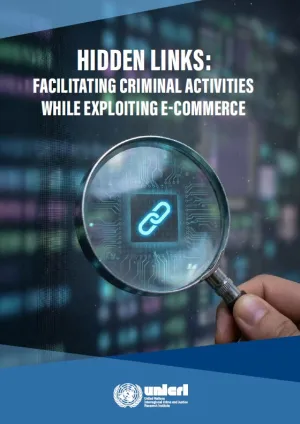
Gender Equality, Development and Women’s Rights in the EU Mediterranean Basin in the Years of Financial, Political and Social Crisis
The economic instability affecting many segments of societies in the European Union’s Mediterranean basin has had a negative impact on many people, particularly women. Historically, economic recessions as well as socio-political instability have placed a disproportionate burden on women. In many contexts women are more likely than men to be vulnerable, especially in terms of working conditions. They are more likely to be under-employed or to face difficulties finding employment. Very often women lack proper social protection and have limited access to and control over economic and financial resources.
The austerity measures many countries have adopted to face the crisis are affecting welfare systems, particularly education, health care and community services. Such spending cuts reduce the availability of services targeting specific women’s needs, such as shelters for victims of violence, counseling, legal aid and outreach programs, thus increasing their vulnerability.
The aim of the project UNICRI is implementing is to provide insights on the impact of the economic downturn on women’s well-being. The project also endeavors to support new strategies and actions to promote gender equality and empower women as part of the joint United Nations efforts to achieve the MDGs by 2015.
This study seeks to assess the gendered impact of the crisis and provide more data about its consequences for women, focusing on domestic violence, discrimination, access to justice and welfare services. Documented case studies will be collected from the grassroots level of four countries from the Mediterranean basin: France, Spain, Italy and Greece.
The impact of the economic downturn on the women in the Mediterranean basin countries and the coping responses of their respective governments will be studied from a gender perspective. In light of the future findings, possible strategies, which can help to minimize vulnerability factors and mitigate vulnerable situations, will be identified.
Finally, the project intends to address the gap in the research on the gendered impact of the economic crisis at national and regional levels and to contribute to the post-2015 development framework.


